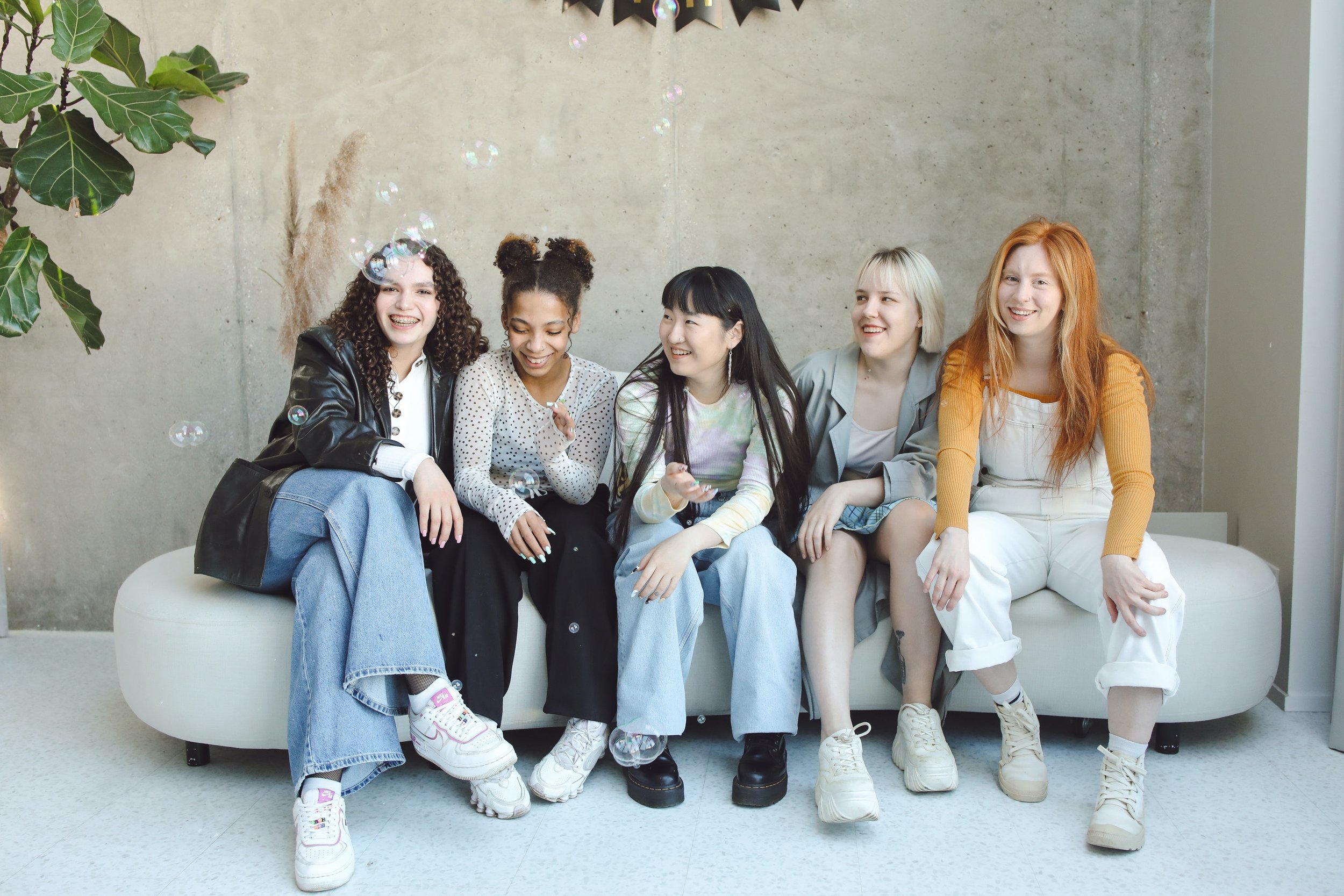What is a Support Group and is it Right for Me?
/Support groups allow people to talk openly about problems and stressors with others who may be going through similar issues. These groups’ purpose is to help build community and connection while working towards a common goal. At Serene Mind Counseling, our groups are run by one of our therapists or counselors on staff. Here are some things you should know before you go to a support group.
Who are support groups for?
Support groups are for people to come together, share and discuss. It is a safe space to unite and collaborate. Our group therapist facilitator will host and have a new theme each week. Groups are meant to create a sense of community. We are all about growing and sharing together.
What do you do during support groups?
Support group activities include discussing what might be causing problems or talking about our emotions. Not everyone has people in their lives that they can discuss these things with, so having groups with others going through similar stressors or can relate to what you are going through can help tremendously. Other activities include giving attendees journaling prompts or other tasks to do in-between sessions. We share amongst our group to help you draw perspectives and connections during the group.
What if I miss a session?
It’s no big deal! Life happens, and other commitments get in the way; it’s important we don’t beat ourselves up about things that might be out of our control. If you can’t make it for one or two sessions, no big deal, try to come to the next one. These groups aren’t going anywhere and will be here for you when you can make it. New people are coming to every session, so don’t feel like you’ll be behind if you don’t come for a session or two.
What if this group isn’t right for me?
Like with friends, coworkers, or even family, we might not click with people right away or even at all. It is not the fault of them or us just that each person’s personality, interests, or needs are different from what we need or can give. We don’t let that stop us from finding others we click with, the same goes for support groups. We might just not mesh with the people in it or not have a good experience. Please don’t let this deter you from seeking help; give it 2 or 3 sessions to make a fully informed decision and come in with an open mind, if the group still isn’t for you, that's okay. This doesn’t mean that another group won’t be right for you, find another group and try again.




